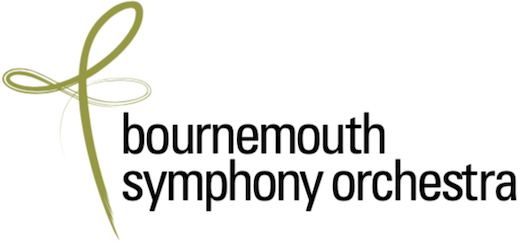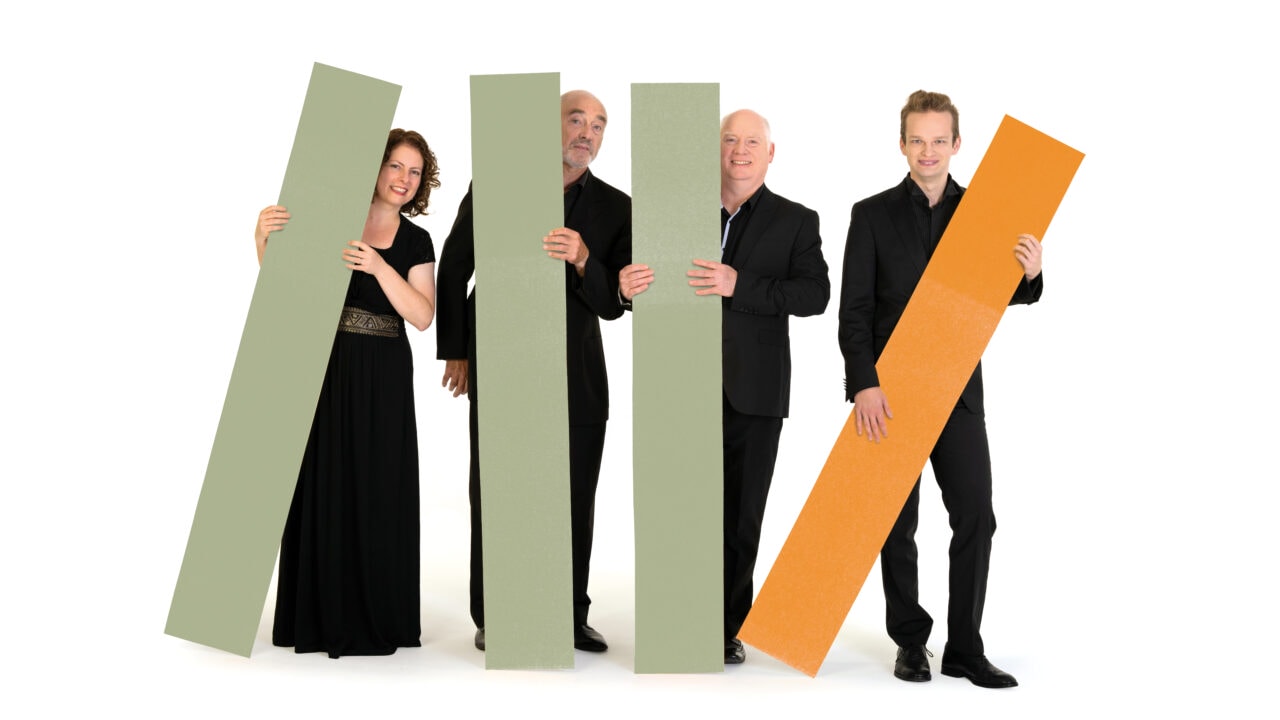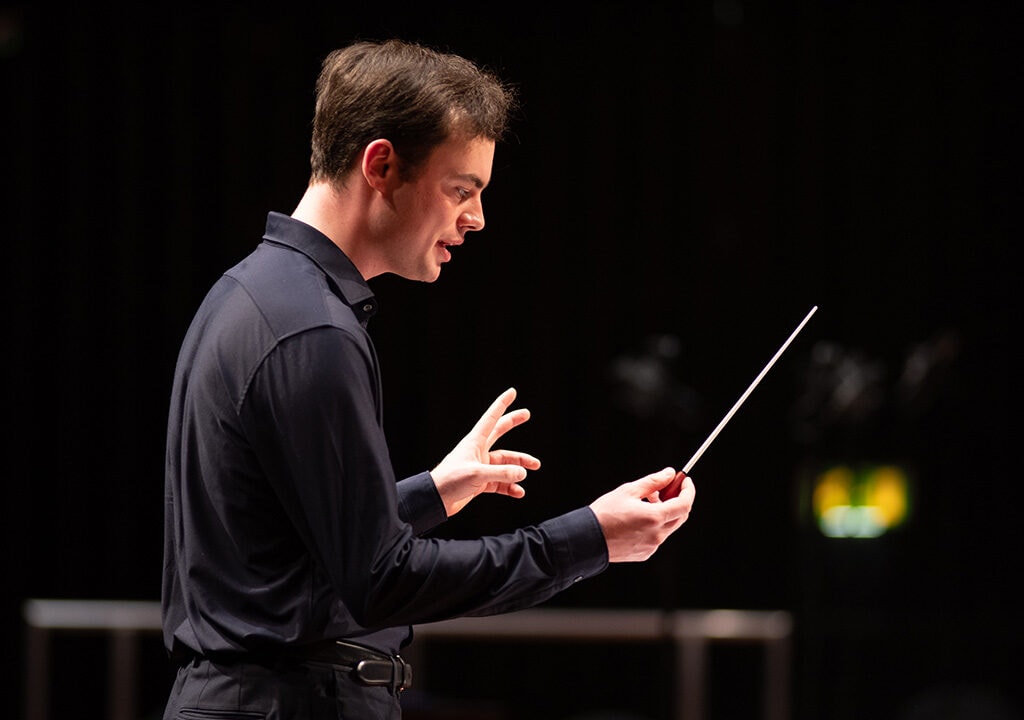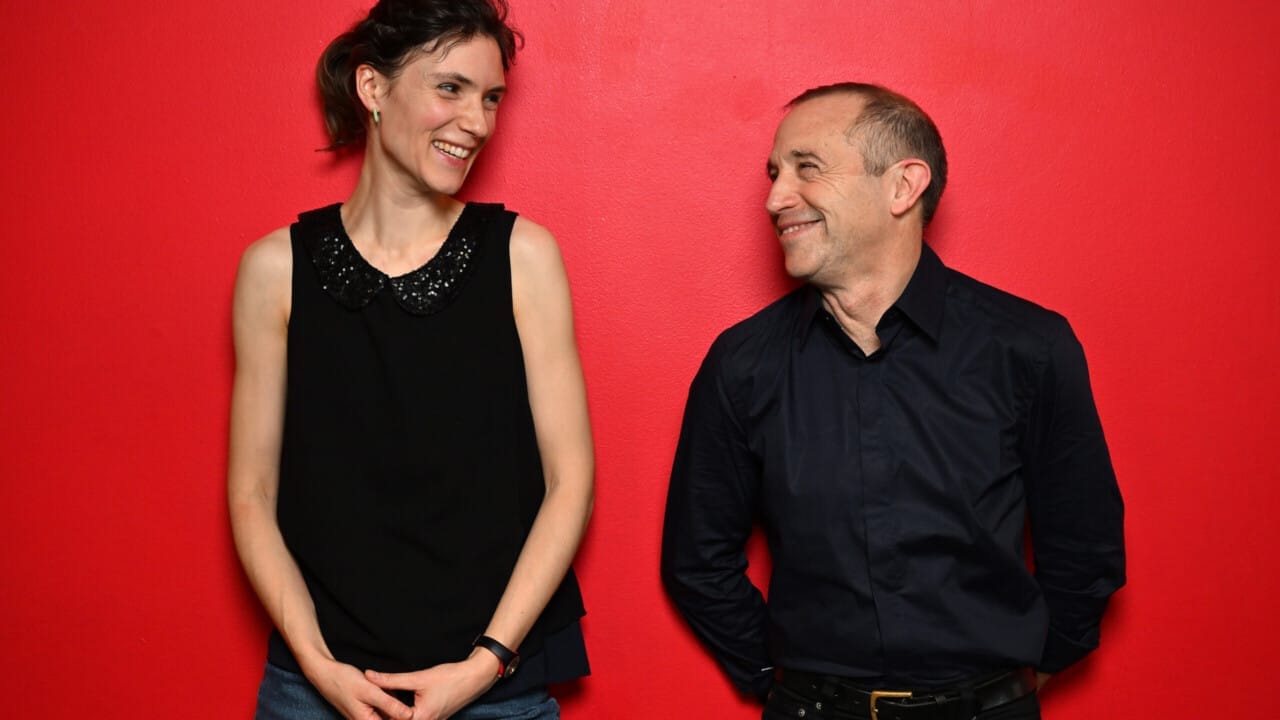The BSO opened their new season with a Big Bang. Chief Executive Dougie Scarfe introduced the concert to a capacity audience with an inspirational speech about the transformational power of live music, especially in troubled times. With many Ukrainians at Lighthouse, including two violinists playing with BSO from their orchestra in Kharkiv, where their fellow countryman Feodor Akimenko’s Cello Concerto had been due to be premiered by Kirill Karabits earlier this year, collective expectancy of something special about to happen was palpable almost to the touch.
Sparks were immediately ignited with Stravinsky’s early Scherzo fantastique, which looks towards The Firebird with nods back to Mendelssohn’s Midsummer Night’s Dream and Berlioz’s Queen Mab by way of a sincere homage to Tchaikovsky in the more lyrical central section.
The work linked neatly to Akimenko, the teenage Stravinsky’s first composition teacher. Karabits’ sleuthing of works for his Voices from The East series led to the discovery of the autograph manuscript of the composer’s Cello Concerto in Paris. This world première a century after the work was composed revealed a striking and individual voice – a late Russian Romantic with a stylish heritage stemming from Glazunov together with a notably balletic inclination forming a bridge between Tchaikovsky and Prokofiev.
The young French cellist Victor Julien-Laferrière brought virtuosic high spirits to the opening fast waltz section and closing polka, but came into his own offering balm to the ears in the central elegy. His plangent tone and introspective communion with both orchestra and audience cast a nostalgic spell combined with an aching and relevant sense of loss reminiscent of Elgar’s concerto composed only three years previously in 1919. Clearly a significant discovery that will surely find a place in the cello repertory going forward. The soloist’s encore of the soulful Serenata from Stravinsky’s neo-classical ballet Pulcinella composed at the same time as the Akimenko concerto movingly revealed the obverse, but no less emotionally poised developments in Russian music from the 1920s.
“Symphonic mastery at an absolute peak with the orchestra on electrifying form throughout.”
Thence to Mahler 5 and its journey from death to life via earthly turmoil and the wonders of nature and love as harbingers of hope and ultimate victory. Or as Mahler famously said to Sibelius in 1907: “The symphony must be like the world. It must embrace everything.” – overwhelmingly echoed to the roof by Karabits and the BSO. I can’t remember a performance that delivered such consistently compelling insight and high-voltage intuitive energy. Every section of the orchestra was galvanised to dig deep into the roller-coasting contrapuntal complexity and inner emotional clockwork of the symphony at every twist and turn. Collective virtuosity and listening to each other allowed potentially dense textures to register with clarity of balance, dynamic terracing and searing emotion.
Invidious in this context of super-excellence, but the stars of Alexander Wide, principal horn and Thomas Fountain, principal trumpet, shone with special distinction in their lynchpin solos – and what a perceptive initiative to have the obligato horn in the third movement standing behind the second violins and aside from the rest of the section. Wonderful too to hear the ubiquitous Adagietto’s song of love being phrased so tenderly, and at a tempo manageable by the human voice as Gustav to Alma. Symphonic mastery at an absolute peak with the orchestra on electrifying form throughout.
Dougie Scarfe’s introductory expression of live music’s power to inspire and transform was comprehensively realised by this performance’s blazing vindication of Mahler’s belief that personal aspiration, hope and struggle can lead to a better world. Let there be no doubt, this now 14 year relationship between Karabits and the BSO is a musical treasure of the first order. The bar is set very high for the rest of a very enterprising season. Go hear for real!
Ian Julier
Our performance of Stravinsky, Akimenko, Mahler with Kirill Karabits and cellist Victor Julien-Laferrière is available to view until 4 October. Click here to watch the livestream.





